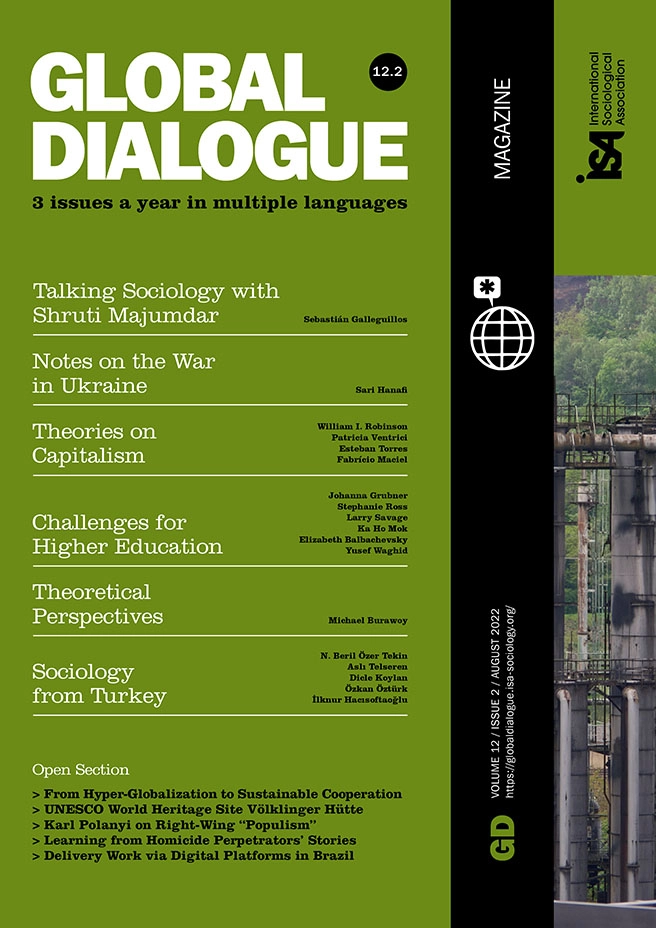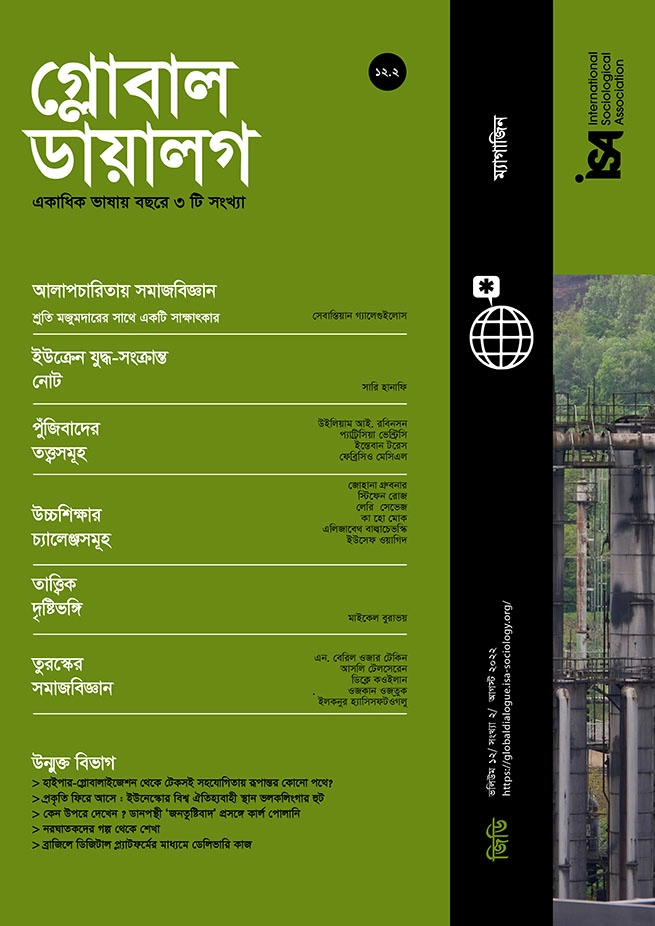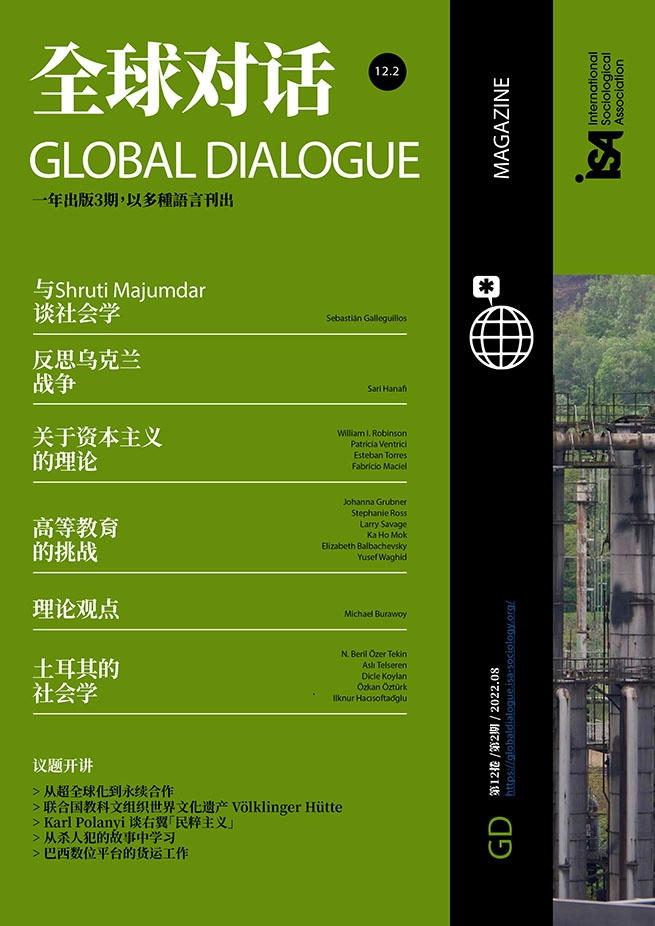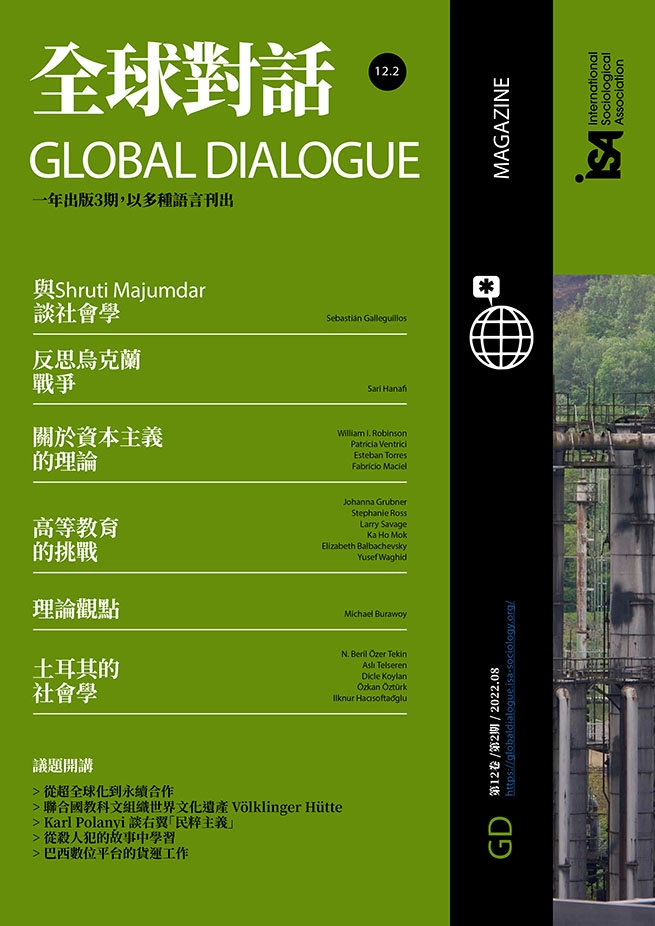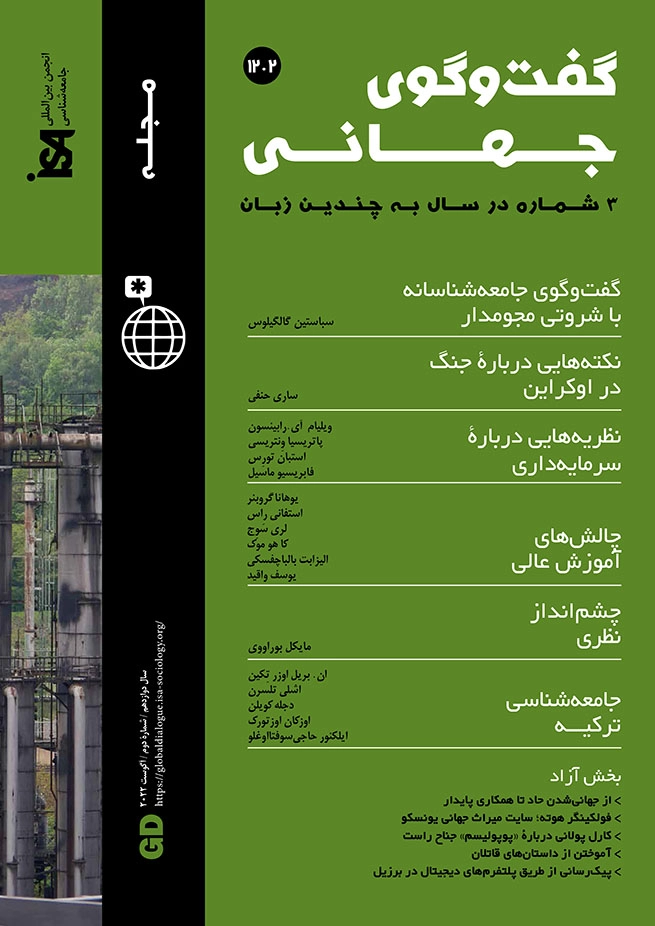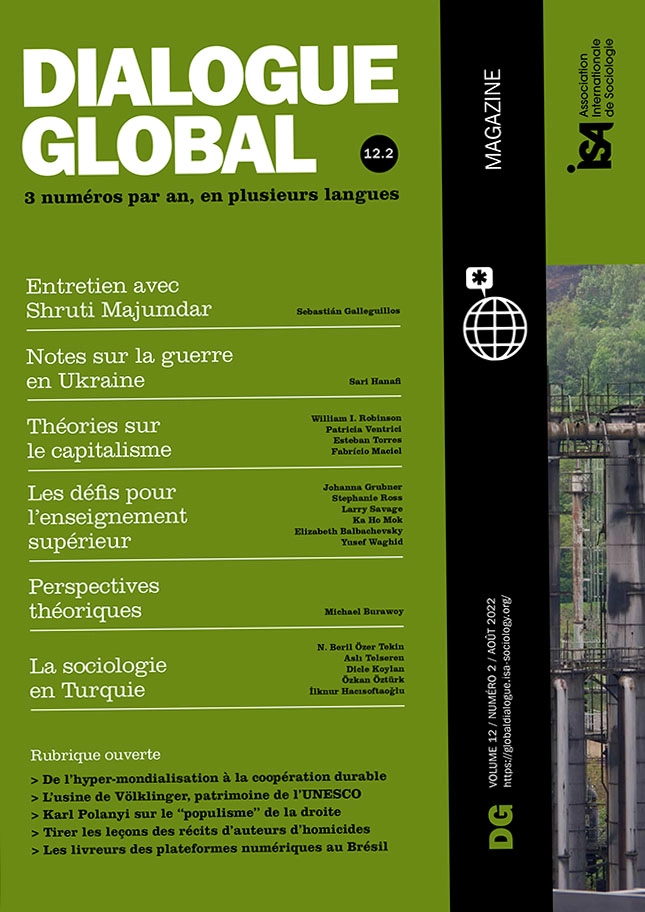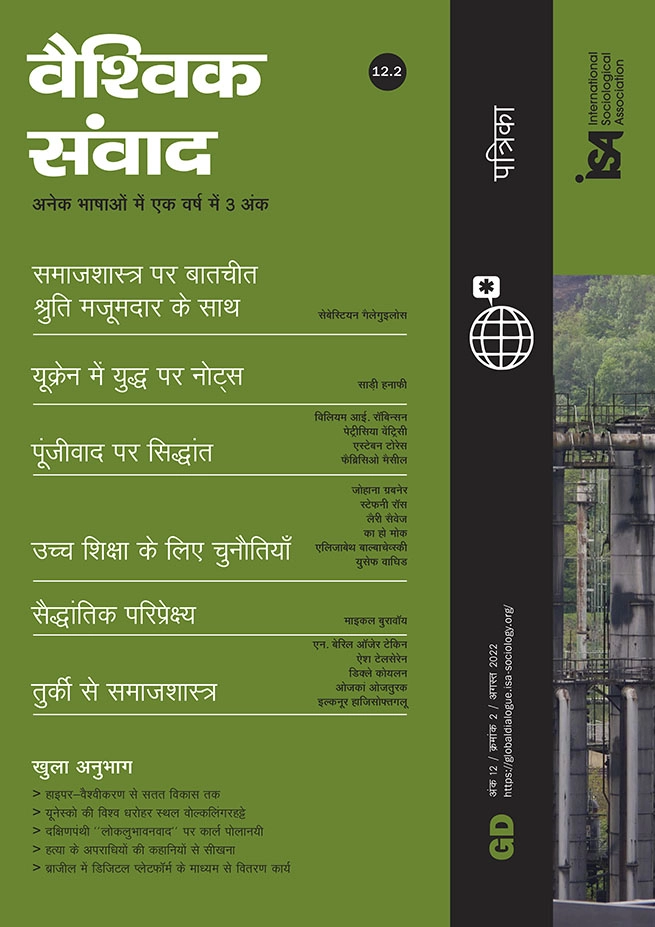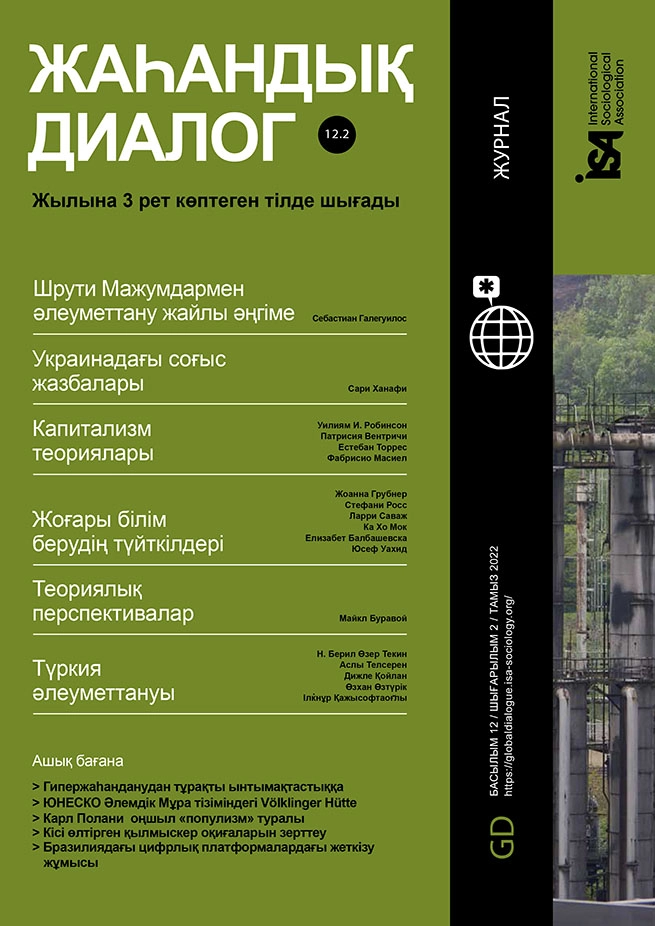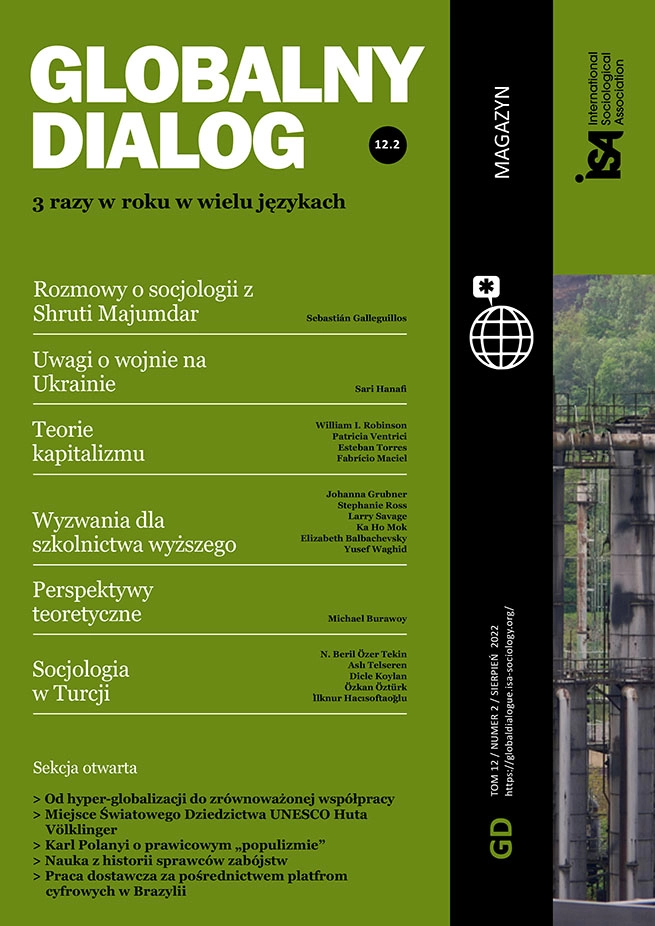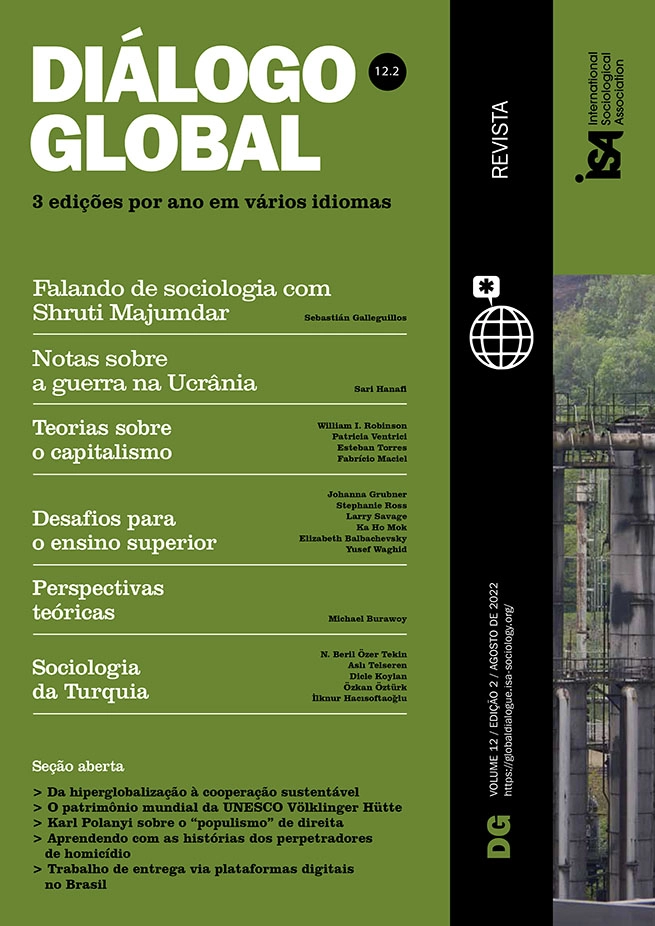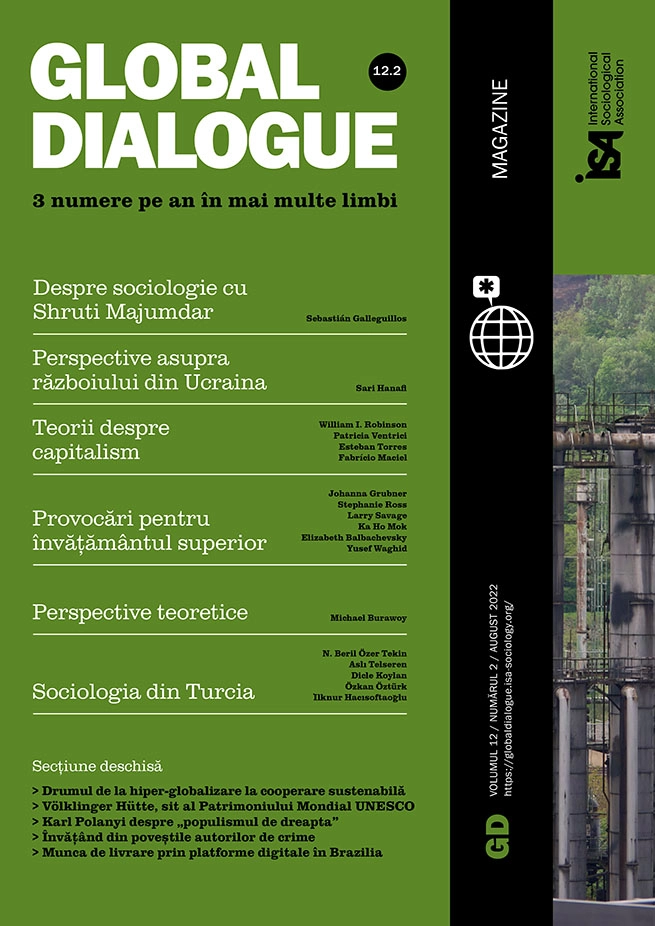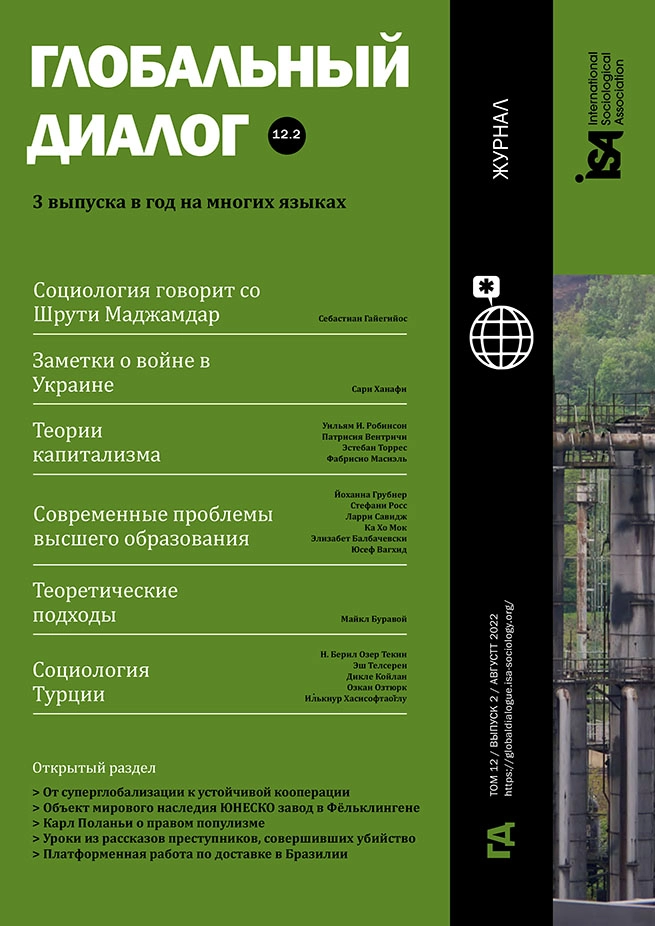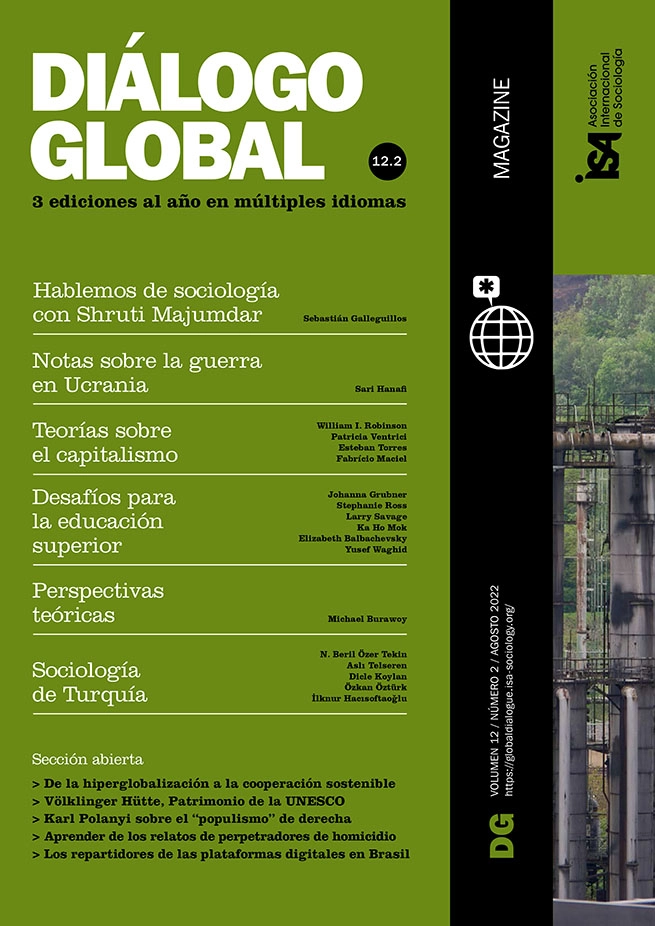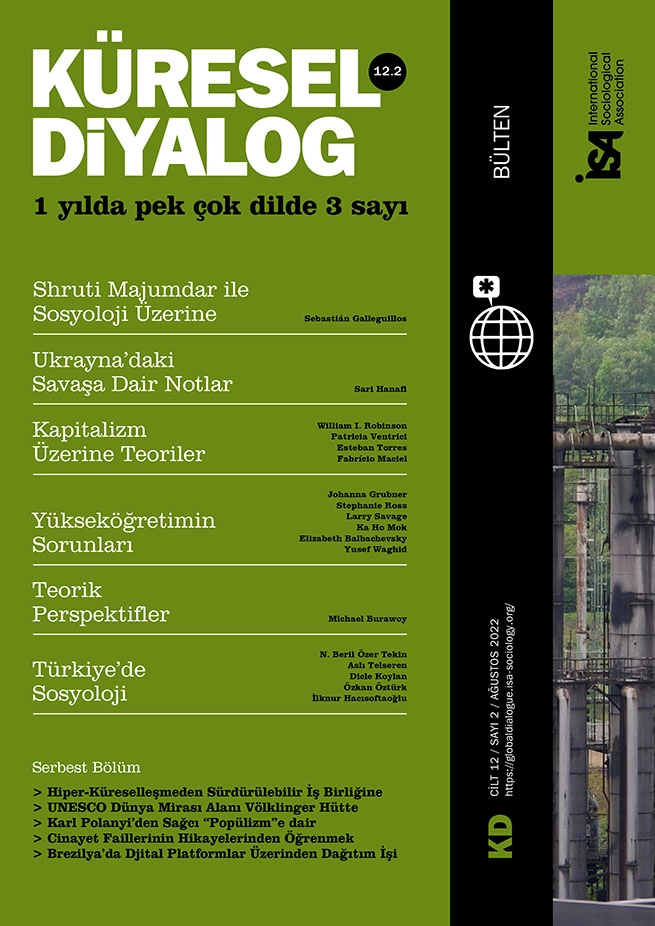Sociology in Turkey has a very dynamic character, and some specific issues and areas of discussion. In this regard, civil society, politics, policies, environmental problems, everyday life and consumption are among the most discussed issues. Along with the differences brought by the unique culture, socio-economic characteristics, political dynamics, and institutional characteristics of Turkey compared to other countries in the world, the pandemic has also affected the practices of doing sociology. With the pandemic, the social and economic difficulties experienced by different segments of the society, and the changing ways of doing business and of daily life have brought a pandemic perspective to the issues currently being studied and a greater concentration on inequalities.
The articles in this section provide a better understanding of Turkey’s social reality and practices of sociology.
Aslı Telseren discusses the feminist movement from past to present in her article titled “Gender In/Equality and Feminism in Turkey.” Along with a historical perspective, she points to current challenges and shows how pandemic-related processes have deepened the gender gap and increased gender-based violence, and femicide. The article also suggests that the pandemic has revealed the importance of women’s labor – both paid and unpaid labor.
Dicle Koylan discusses the new working patterns of white-collar workers following the pandemic in “COVID-19 and Middle-Class Consumption in Turkey.” The article focuses on the changes brought by working from home in terms of working atmosphere and habits, increasing expectations from managers in terms of longer working hours, increased pressure and stress on employees, and changes in consumption habits.
In “The Sociology of Environmentalism in Turkey,” Özkan Öztürk discusses the historical process of social reactions to environmental problems in this country. He suggests that the politics of the AKP (Justice and Development Party) administration, the current leading political party in Turkey, increased environmental problems, causing them to affect wider segments of the population, as seen in energy projects such as hydro-electric power plant projects. This has enabled the environmentalist discourse to resonate with a wider audience, due also to the influence of the internet.
İlknur Hacısoftaoğlu discusses the state of gender inequality in her article titled “Women Caught in Turkey’s Ideological Clashes.” She draws attention to gender and the construction of the body in the arena of sports. Finally, the article emphasizes that while women’s bodies continue to be instrumentalized in political debates, women struggle to draw their destiny.
In “The Pandemic and ‘Digital Immigrants’ in Turkey,” N. Beril Özer Tekin discusses increasing ageism during the pandemic and points out the possibilities of the internet and smart digital technologies for the elderly, the so-called “digital immigrants.” She shows that exclusion, social isolation, and inequalities can be reduced in Turkey through the internet, and offers suggestions.
I hope you enjoy the section!
N. Beril Özer Tekin, Doğuş University, Turkey, and member of ESA Research Network on Sociology of Health and Medecine (RN16) <btekin@dogus.edu.tr>






